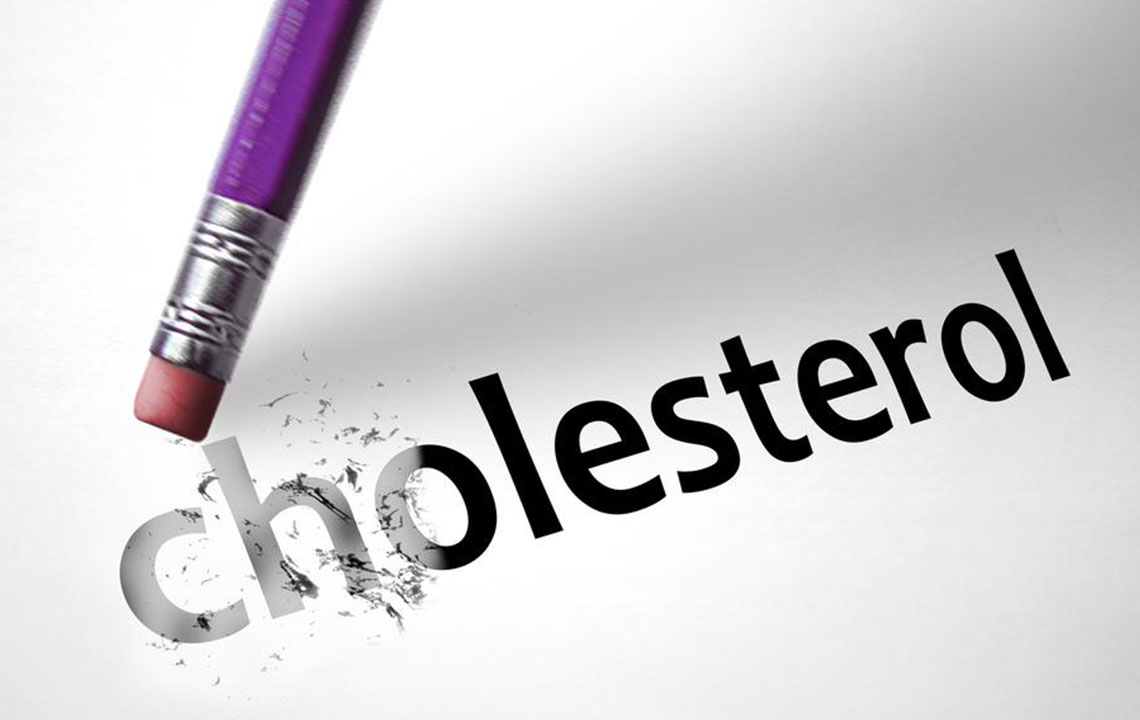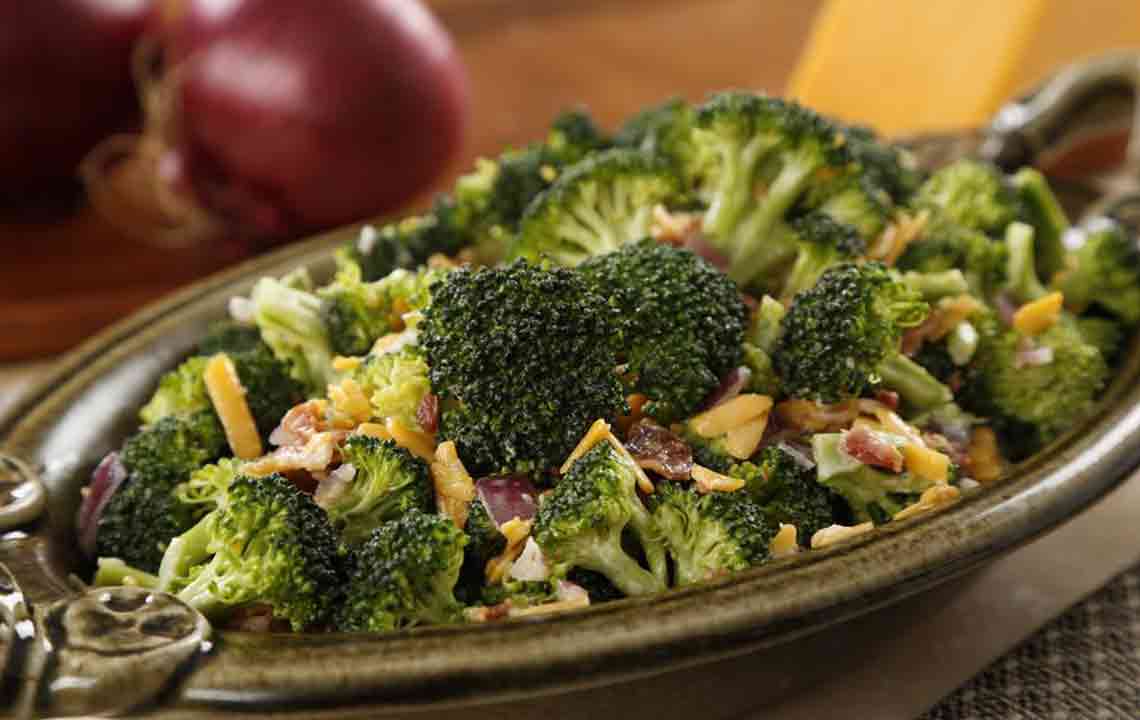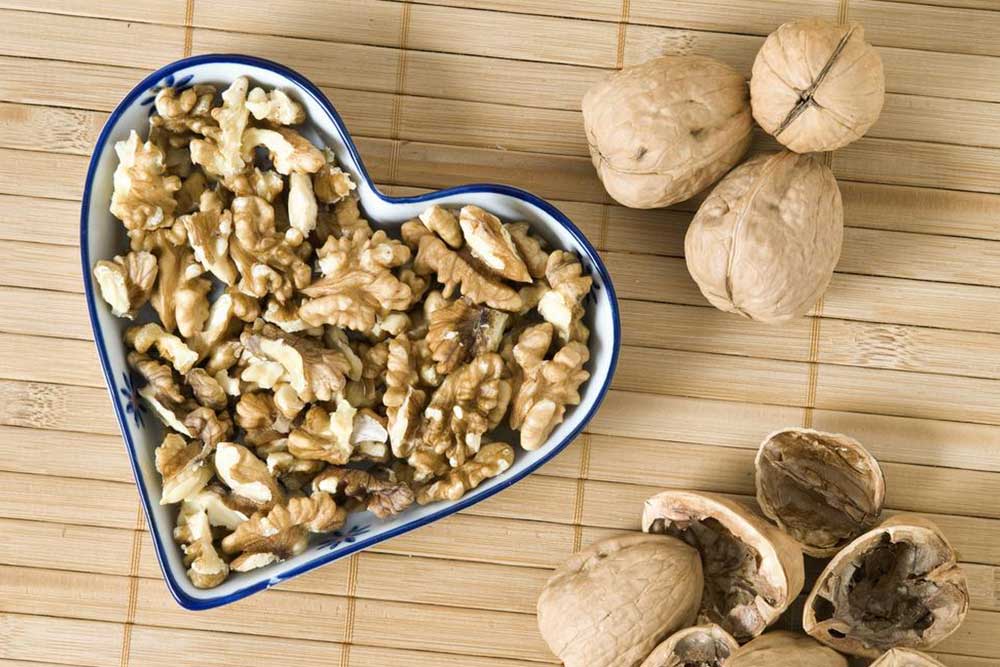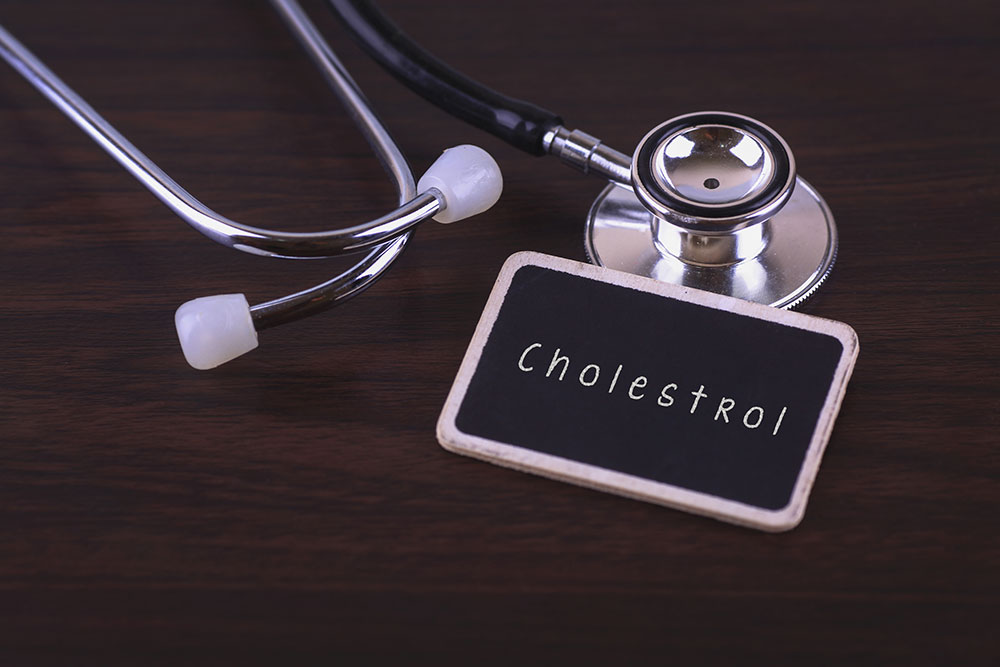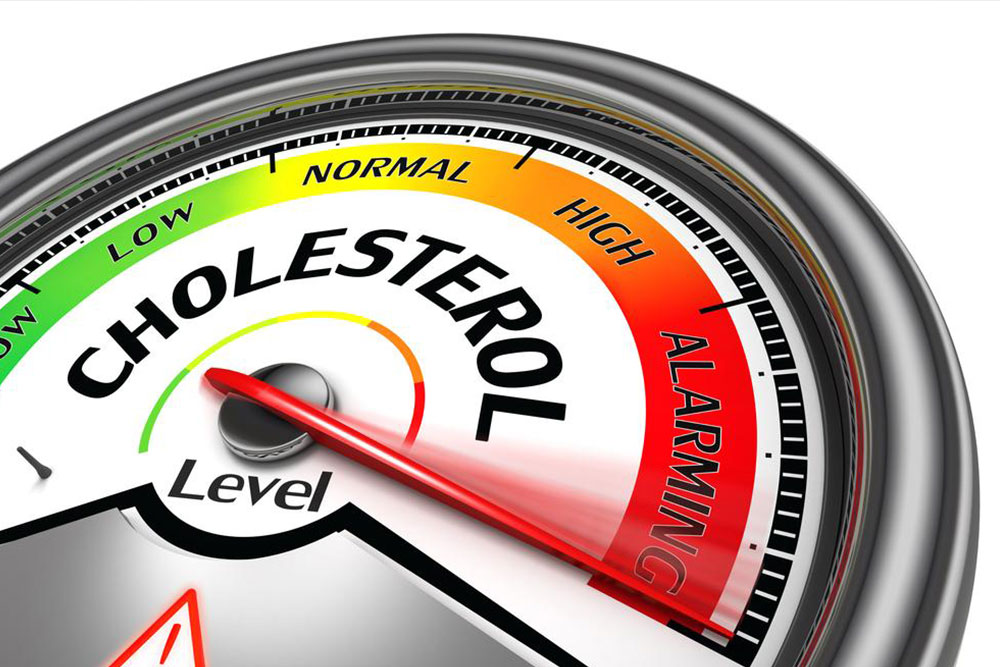Understanding LDL Cholesterol: Causes and Strategies to Lower It
Learn about the causes of high LDL cholesterol, its health risks, and effective strategies for lowering it. Discover lifestyle tips, dietary recommendations, and when medical intervention may be necessary to maintain optimal heart health.

Understanding LDL Cholesterol: Causes and Strategies to Lower It
Cholesterol is a fatty substance present in the bloodstream, produced by the liver, and essential for building cell structures, hormones, and digestive fluids.
Elevated cholesterol levels can accumulate in arteries, obstructing blood flow. This buildup leads to atherosclerosis, increasing the risk of heart attacks when oxygen supply to the heart diminishes. Reduced blood flow to the brain may cause strokes. High cholesterol also contributes to high blood pressure and diabetes, further elevating health risks.
Types of cholesterol
LDL (low-density lipoprotein), known as bad cholesterol, increases the risk of heart attacks and strokes by promoting artery clogging.
HDL (high-density lipoprotein), or good cholesterol, helps protect against heart diseases and strokes.
High LDL levels often show no symptoms and require regular testing. A lipid profile analysis is recommended at least once every five years.
Factors leading to high LDL
Diet high in saturated fats, trans fats, and cholesterol significantly raises LDL levels.
Obesity is linked with elevated LDL and decreased HDL levels.
Sedentary lifestyles and lack of physical activity lower HDL and increase LDL.
Aging naturally causes LDL to rise after age 20.
Genetics play a role; family history of high cholesterol increases personal risk.
Large waist circumference (over 40 inches in men and 35 inches in women), diabetes, smoking, and certain lifestyle choices also contribute to high LDL levels.
How to lower LDL cholesterol
Adopting a nutritious diet rich in fruits, vegetables, whole grains, and fish supports healthy cholesterol levels.
Regular physical activity and maintaining a healthy weight boost HDL and reduce LDL.
Avoiding smoking and managing weight are vital for cholesterol health.
Medication may be necessary for significantly high cholesterol, but only under medical supervision due to potential side effects.
Note:
Our website provides informative articles across various health topics. While we aim to give accurate and helpful information, this content should not replace professional medical advice. Always consult a healthcare provider for personalized diagnosis and treatment plans.


